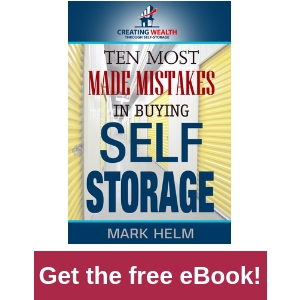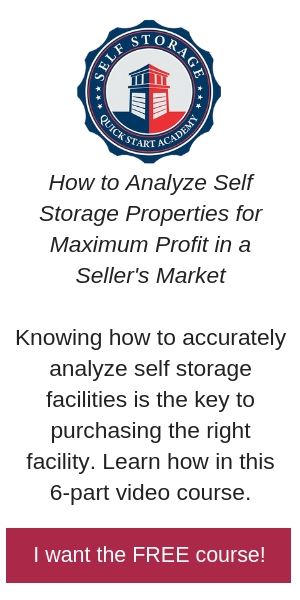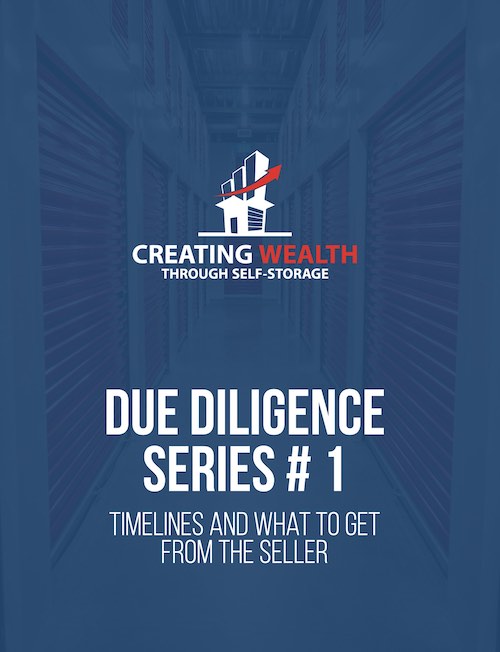Sometimes good customer service can really backfire!
In the “Self Storage Mis-Management” Series, this is the second of the five top operational failures you need to avoid. I’ve learned this the hard way.
Last week we discussed the first mistake to avoid – getting on the wrong side of the Servicemembers Civil Release Act
This week we’re discussing the second mistake: Creating A Bailment.
Now before you think I have gone off the deep end and sound like a lawyer (again, to all you attorneys out there – not practicing law, just retelling what attorneys have told me), there is a reason our industry is called SELF STORAGE (never use mini-storage).
That name itself implies no Bailment!
So what in the world is bailment?
The definition, according to LegalDictionary.net is as follows:
“Bailment is the delivery of property into the temporary custody and control of another for some purpose. A bailment is a form of contractual relationship, even if no contract has been signed. The person receiving the property (the “bailee”) has possession and control over the property for a specific period of time, during which he or she is responsible to take reasonable care of the property.”
The property is your customer’s goods or items.
“I never take custody of their stored items.” I can hear you say it – and that’s what I said when I heard some crazy person talking about bailment.
But is that really true?
Have you every accepted a UPS or Fed Ex package for a customer?
If you do that (as we have), it’s bailment.
Auto storage, boat storage, and RV storage could also, under certain circumstances, be determined to have created a bailment.
What are those circumstances?
Let’s say you wanted to have the owner leave the keys so you can move or clean the vehicle for them, or provide other services, you have taken control of the vehicle and have created bailment.
NEVER get the keys.
Never take “control” of any stored items.
If someone just parks on your lot and you have no access to their unit or vehicle, you’re usually fine.
I’ve also seen situations where the Owners had “master keys” to units. One Owner told me, “It makes the auction process a lot easier.”
I’ve seen that many times as a matter of fact.
That’s a big, I mean BIG, no-no.
In general, you as an owner never want to be in control of anything for a customer. If you do, just know you are opening yourself up for liability.
“Can’t I address it in the lease and create no bailment there?”
Again I’m not a lawyer, but in general, one can’t get a release for bailment. If they could every valet parker would have you sign one before they parked your car.
That question is better aimed at your attorney or your state and/or national association’s attorney.
One final note, make sure you follow the lien laws to the letter so as not to create bailment as you take control of the unit.
Again, not the most inspiring episode I’ve ever created, but believe me, there is nothing inspiring about being in court.
Just remember, it’s called “Self Storage” for a reason. If you keep it that way, you avoid a major operational error almost every owner or manager makes at one time or another.



